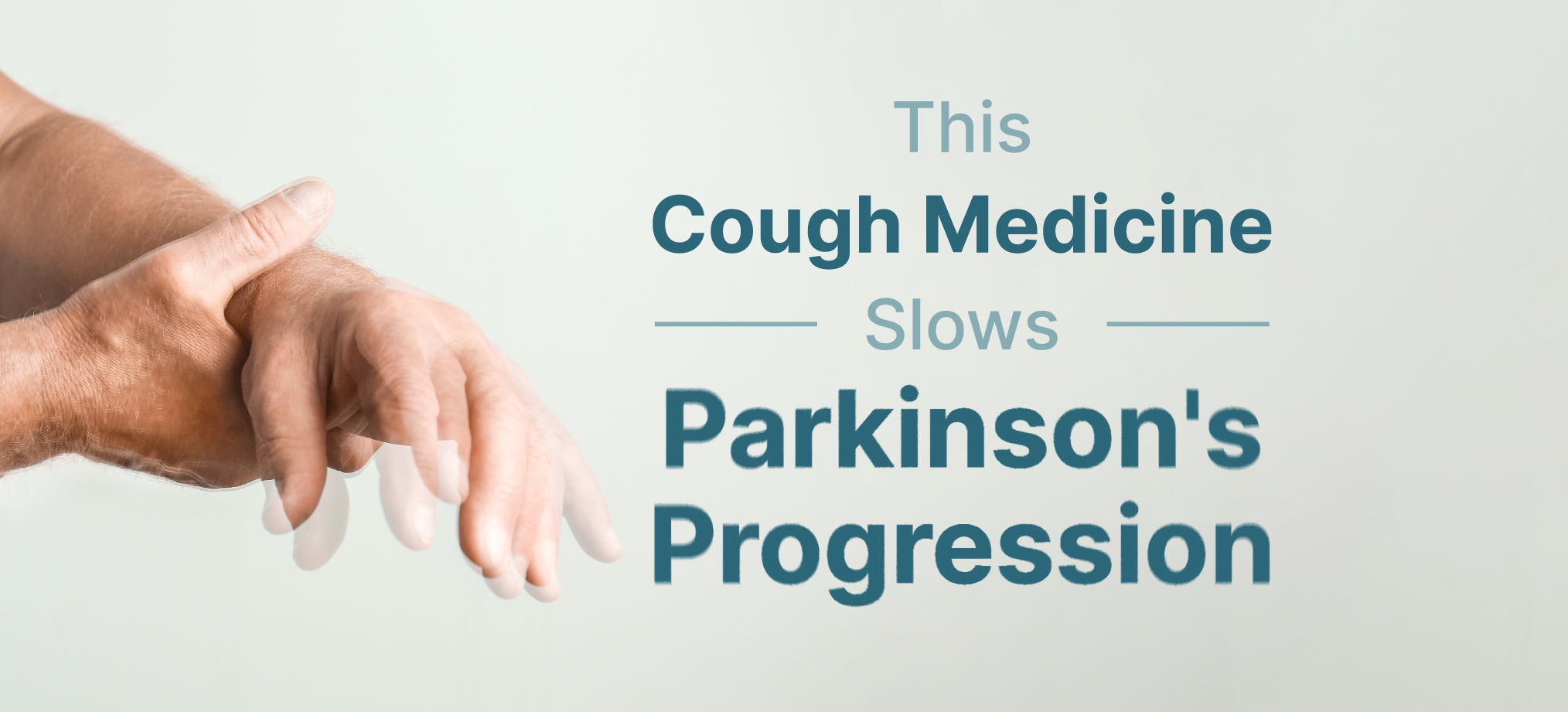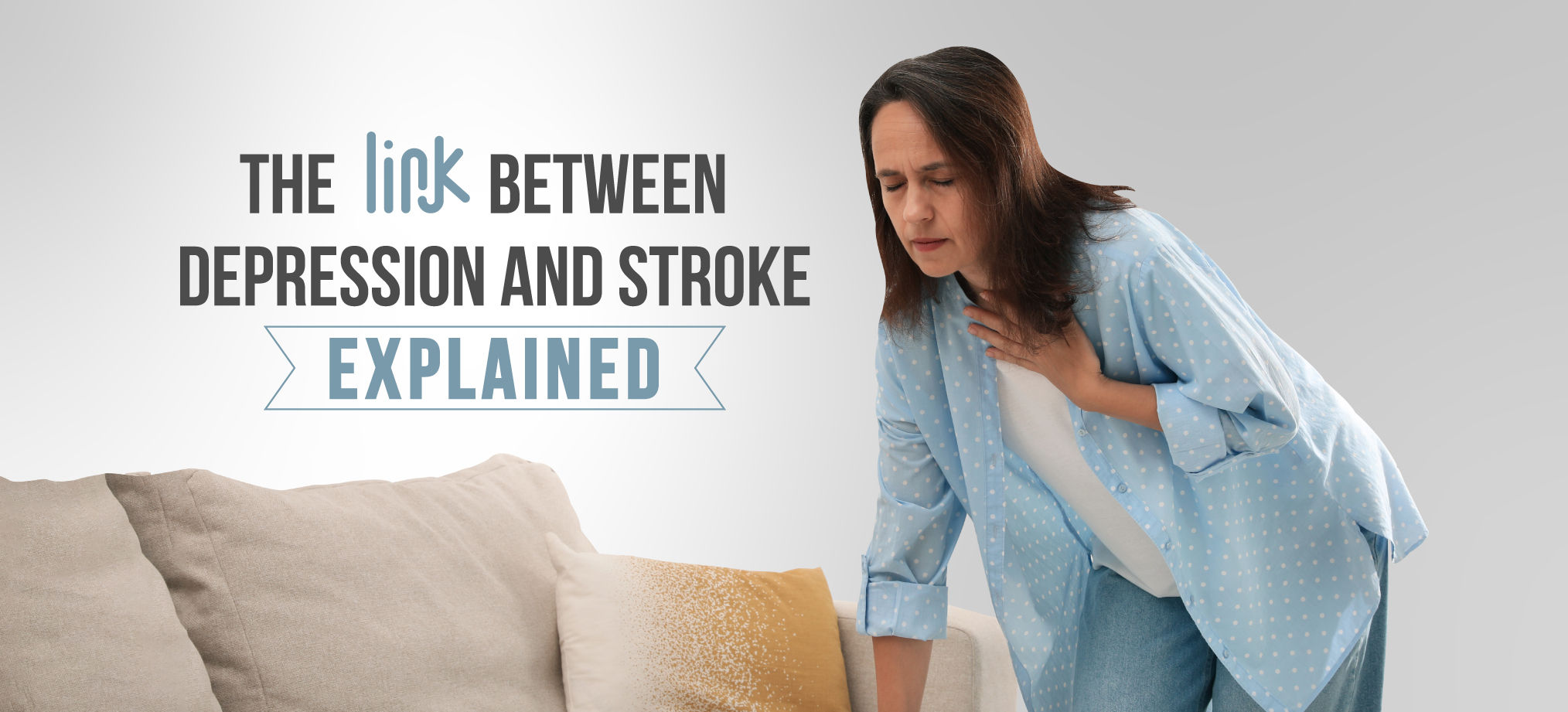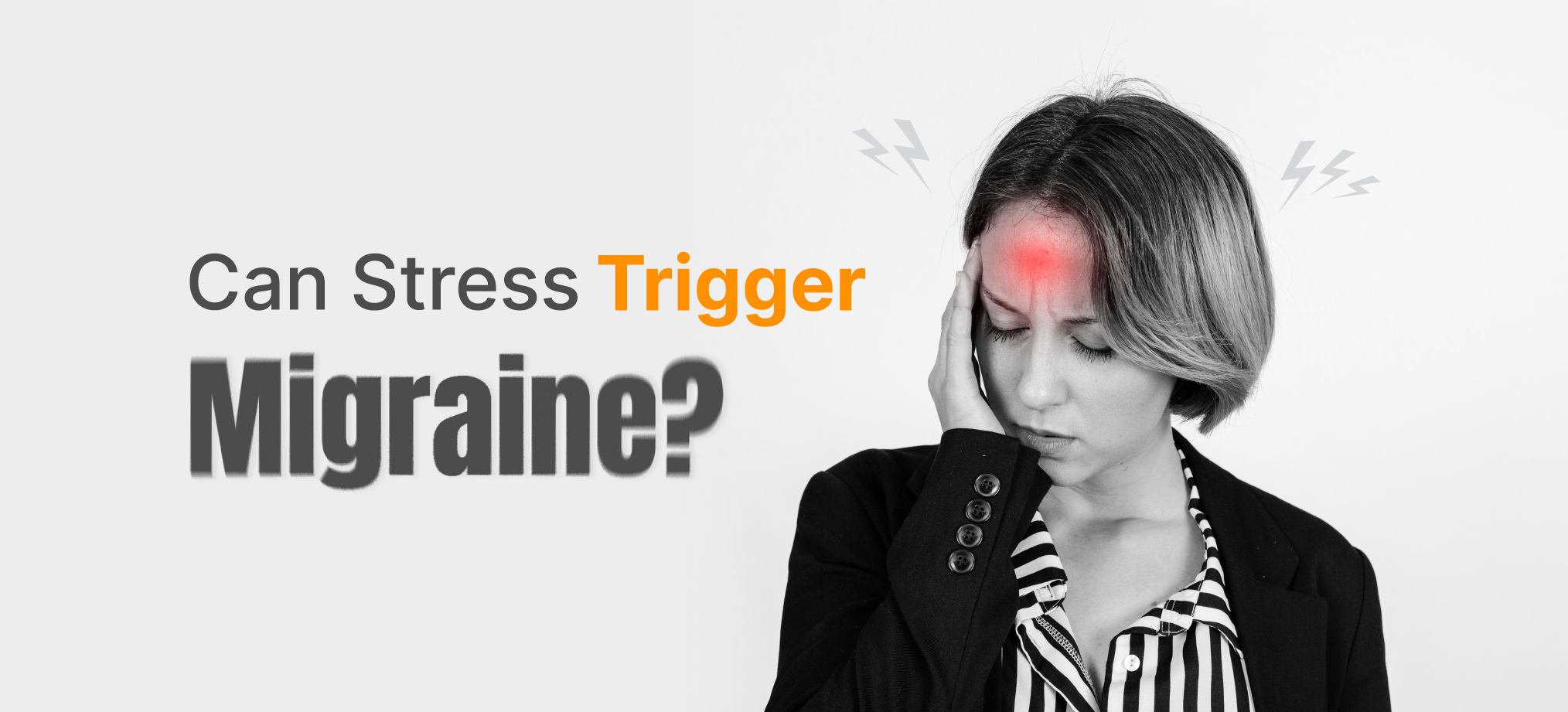Neurology
Can A Cough Medicine Treat Parkinson's?
3 min read
By By Apollo 24|7, Published on - 17 February 2023, Updated on - 20 April 2023
Share this article
0
0 like

Parkinson's is a brain disorder that causes uncontrolled movements of the body. In this condition, the amount of dopamine starts to reduce. Dopamine is a chemical that helps in transmitting signals from the muscles to the brain. Lack of this chemical leads to delayed or uncoordinated movement in the body. While the medications used to treat the disease are dopamine and MAO (Mono Amine Oxidase) inhibitors, recent research has shown Ambroxol can also be used to treat the condition. Read to know more about the condition and about the treatment options.
Symptoms of Parkinson's Disease
Symptoms of Parkinson's include:
- Tremors in the neck, hands and legs
- Slow movements
- Difficulty in coordinating body movements
- Muscle stiffness
- Emotional changes
- Memory issue
The symptoms appear slowly and are difficult to identify at the initial stages.
As a family member, you might notice the following signs in the affected person:
- Speed of walking reduces
- Reduced expressions on the face
- Softening of voice
- Handwriting becomes difficult to read
- Decrease in energy levels of the person
Why is The Treatment for Parkinson's Disease Difficult?
Parkinson's disease affects different areas of the brain and body, making a single treatment challenging to target the entire issue. The challenges faced while treating Parkinson's include:
- Despite extensive research, the causes of Parkinson's disease remain unknown.
- Parkinson's disease symptoms gradually progress over time.
- Parkinson's disease affects people differently, therefore, what works averagely for one person may work well for another.
- The medications used to treat Parkinson's disease can occasionally cause side effects.
How is Cough Medicine [Ambroxol] a Potential Breakthrough in The Treatment of Parkinson's?
For more than a decade, ambroxol has been a widely used mucolytic drug for respiratory conditions in the United Kingdom. It breaks down mucus, alleviates coughing and has anti-inflammatory and antioxidant properties. Recently, ambroxol was discovered to have neuroprotective (protects the nerves) properties when tested on lab animals.
A phase 2 clinical trial of ambroxol showed remarkable results in slowing the progression of Parkinson's disease. For this trial, the dose given was ten times more than that consumed as cough syrup. Furthermore, the drug was found to be relatively safe than other drug categories and is now in phase 3 trials.
It is important to understand that there is no strong scientific evidence of the role of ambroxol in Parkinson's. Until there is enough evidence, it is unsafe to use the medication. It is prudent to always consult a professional before taking any medication.
FAQs
1. Is ambroxol used for the treatment of Parkinson's disease?
Not yet. The ambroxol drug is being tested for its use in treating Parkinson's disease. However, it is not a proven treatment method for Parkinson's.
2. Can Parkinson's be cured?
It is a disease of unknown nature, therefore there is no cure. However, drugs that are given for treatment can help reduce the rate of progression.
3. What are some early signs of the disease?
Tremors in hands, loss of smell, reduced sleep, constipation, and dizziness are some early symptoms of Parkinson's disease.
4. At what age does Parkinson's begin?
Typically, Parkinson's disease starts in people who are over 50 years of age.
5. Will ambroxol be used for the treatment of Parkinson's in the future?
Ambroxol is still under phase 3 trial. However, if the drug successfully passes all the clinical trial phases, it can be used for treating Parkinson's.
Medically Reviewed by Dr Madhushree Agarwal
Neurology
Leave Comment
Recommended for you

Neurology
Depression Can Increase The Risk Of Stroke…Know How!
Recent studies have found that those with depression are more likely to experience strokes, potentially due to the impact of depression on cardiovascular health. So if you're feeling down, it's important to seek help not just for your mental health but for your physical health as well.

Neurology
All You Need To Know About Migraine
Migraine is a type of headache that can cause severe, nagging pain but with appropriate treatment, the symptoms can be managed effectively.

Neurology
Epilepsy: Types, Causes, Symptoms, Remedies & Cure
Learn about the types, causes, symptoms, and treatment options for epilepsy. Discover how lifestyle factors and new technologies can help individuals manage this neurological disorder effectively.
Subscribe
Sign up for our free Health Library Daily Newsletter
Get doctor-approved health tips, news, and more.
Recommended for you

Neurology
Depression Can Increase The Risk Of Stroke…Know How!
Recent studies have found that those with depression are more likely to experience strokes, potentially due to the impact of depression on cardiovascular health. So if you're feeling down, it's important to seek help not just for your mental health but for your physical health as well.

Neurology
All You Need To Know About Migraine
Migraine is a type of headache that can cause severe, nagging pain but with appropriate treatment, the symptoms can be managed effectively.

Neurology
Epilepsy: Types, Causes, Symptoms, Remedies & Cure
Learn about the types, causes, symptoms, and treatment options for epilepsy. Discover how lifestyle factors and new technologies can help individuals manage this neurological disorder effectively.